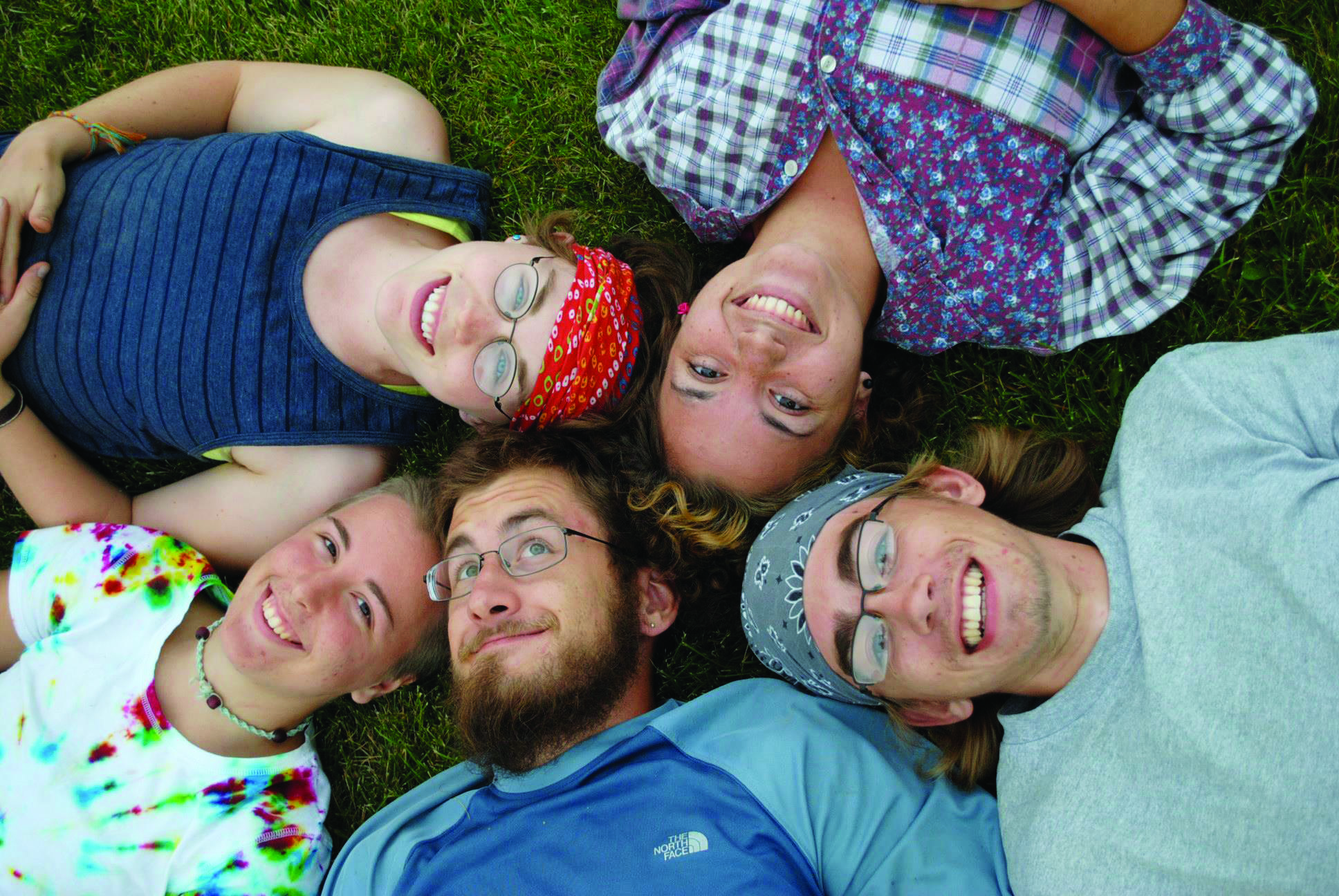Josh Jantzi spent this fall with The Oregon Extension, an alternative semester program located in Lincoln, Oregon.
My first impression of the Oregon Extension was of a place where all you did was read and discuss books in a beautiful mountain setting. Well, this is pretty accurate. We did read books, a lot of books: 17 core texts plus many additional project texts. I think my grand total was 27 books for the semester. We took notes and discussed the books with our peers and professors. The amount of one-on-one interaction we had with the professors was extremely helpful and was one of my favorite aspects of the program. Take, for example, project weeks, where we met individually with our professors every day to discuss where we were with our project The professors treated our ideas with respect and let us do our own thing, with a guiding book or two.Books and scholarly knowledge were extremely important to the program, but so was community living. We lived in five cabins, right next door to each other. There were some pranks and other shenanigans the first month, but eventually we settled down. The community thrived on the copious amounts of energy we had from sitting and reading all day. Every week, the students gathered for a communal potluck. Each cabin invited other cabins and professors over for dinner every once in a while. The professors lived right next door to the students’ cabins. Sometimes we played football and had snowball fights with them and their kids.
We had a mandatory media ban during the week; they took away our cell phones and asked us not to use our computers for anything other than school. Life was simpler during the O.E. We had each other to talk to and learn from, and we didn’t need internet memes or YouTube videos. The O.E. gave us time to just slow down and think about life.
Often, I went to think in the surrounding wilderness. A beautiful, wild world surrounds the campus, a converted logging camp called Lincoln on the side of Mt. Ashland. I would hike to a nearby gorge where I would sit on a cliff and watch bluebirds flit from tree to massive hundred-year-old tree, flying south for the winter.
I leave you with this quote selected by Matthew Helmuth, who also attended the O.E., from Fyodor Dostoyevsky’s “The Brothers Karamazov”: “Above all, avoid falsehood, every kind of falsehood, especially falseness to yourself. Watch over your own deceitfulness and look into it every hour, every minute. Avoid being scornful, both to others and to yourself. What seems to you bad within you will grow purer from the very fact of your observing it in yourself. Avoid fear, too, though fear is only the result of falsehood. Never be frightened at your own faint-heartedness in attaining love. Don’t be too frightened even at your own evil actions. I am sorry I can say nothing more consoling to you, for love in actions is a harsh and dreadful thing compared to love in dreams.”



